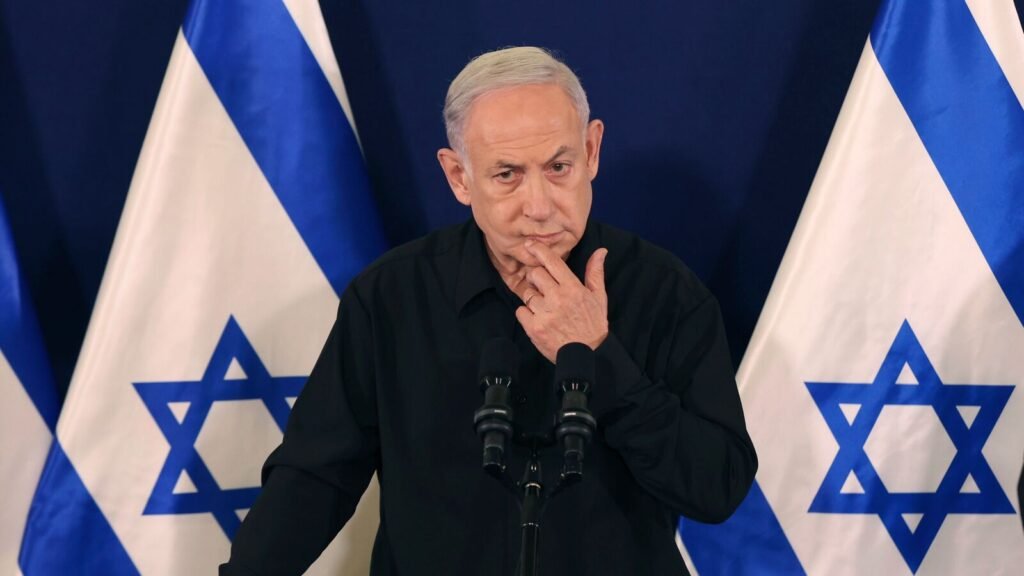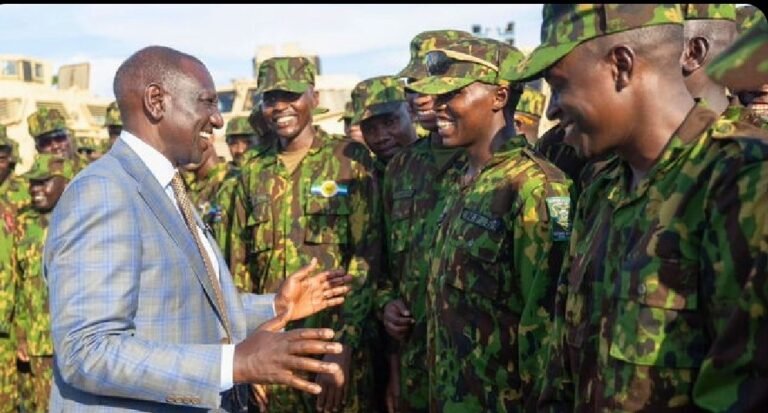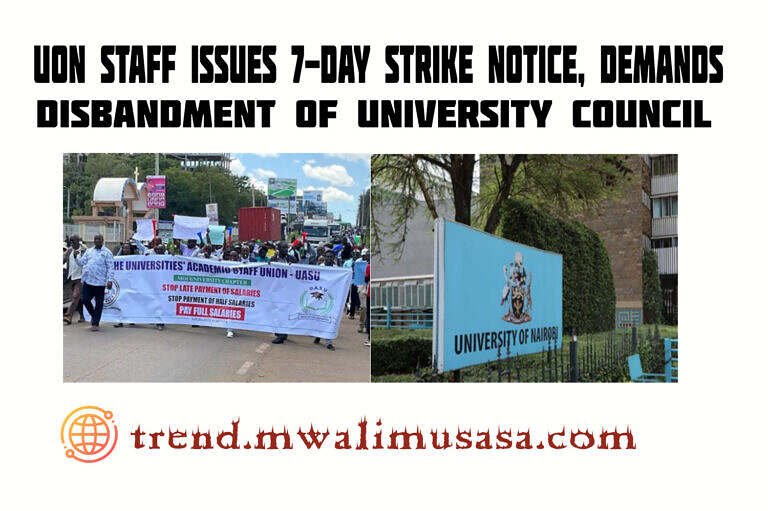
Introduction to the ICC’s Decision
On a significant occasion in the realm of international law, the International Criminal Court (ICC) recently issued arrest warrants for Israeli Prime Minister Benjamin Netanyahu and former Defence Minister Yoav Gallant. This development marks a pivotal moment in global governance and accountability, especially concerning allegations of war crimes associated with the ongoing conflict in the region. The ICC’s decision to pursue these arrest warrants draws attention to the increasing role of international judicial authorities in addressing issues of human rights violations and breaches of humanitarian law.
The significance of the ICC’s announcement cannot be understated. It embodies a commitment to uphold justice at a time when political tensions in the region remain high and the implications of military actions continue to resonate. For many, this decision signifies a landmark interpretation of accountability, particularly addressing actions that reportedly have led to civilian casualties and widespread suffering. The ICC’s jurisdiction rests on principles that strive to deter impunity among state actors, thereby reinforcing the belief that no individual is above the law, regardless of their political standing.
Furthermore, this case serves as a crucial reminder of the international community’s potential to respond to alleged transgressions through legal mechanisms rather than military intervention. By instituting these arrest warrants, the ICC emphasizes the need for all nations to observe the tenets of international law and human rights. This action not only impacts the individuals named but also sets a precedent for how leaders and military officials are held accountable for their actions on the world stage, signaling a broader commitment to justice and the rule of law in international relations.
Background on the ICC
The International Criminal Court (ICC) was established on July 1, 2002, following the adoption of the Rome Statute in 1998. This permanent international court is situated in The Hague, Netherlands, and its creation marked a significant milestone in the evolution of international law. The primary purpose of the ICC is to prosecute and hold accountable individuals for severe crimes, including genocide, war crimes, and crimes against humanity. This complements national legal systems, particularly in situations where domestic courts are unable or unwilling to prosecute such offenses.
The jurisdiction of the ICC is based on the principle of complementarity, which allows it to step in when national governments fail to act. The court can investigate and prosecute cases where member states are either unable to prosecute offenders or have deliberately chosen not to do so. It is essential to note that the ICC operates only if the alleged crimes occurred within the territory of a state party or if the accused is a national of a state party. However, it may also exercise jurisdiction in cases referred to it by the United Nations Security Council.
Throughout its existence, the ICC has handled several high-profile cases, including those involving former leaders and warlords. Notable figures such as Omar al-Bashir of Sudan and Joseph Kony of the Lord’s Resistance Army have been subjects of ICC investigations. These cases underscore the court’s role in seeking justice and enforcing international legal standards. The ICC also emphasizes the importance of preventing future atrocities by asserting accountability for individuals involved in egregious crimes. As the ICC continues to evolve, its decisions and activities will likely draw attention, particularly in cases that resonate globally.
Details of the Arrest Warrants
The International Criminal Court (ICC) has issued arrest warrants for Israeli Prime Minister Benjamin Netanyahu and Defense Minister Yoav Gallant, bringing significant attention to actions taken during the ongoing conflict in the region. The charges levied against both individuals include allegations of crimes against humanity and war crimes. These serious allegations are rooted in specific incidents highlighted by the ICC, which have raised profound legal and ethical questions concerning military conduct and civilian safeguards in warfare.
Central to the ICC’s investigation are the military operations conducted in Gaza, particularly during escalated conflicts that have reportedly resulted in extensive civilian casualties. Eyewitness accounts, human rights reports, and extensive documentation from various non-governmental organizations have been cited as evidence. The ICC contends that Netanyahu, in his capacity as Prime Minister, and Gallant, as the Defense Minister, played critical roles in formulating and implementing policies that led to these alleged violations of international law.
One notable incident raised in the warrants involves airstrikes purportedly targeting densely populated civilian areas. Critics argue that such actions display a blatant disregard for the principle of distinction, a fundamental tenet of international humanitarian law which mandates that combatants must distinguish between military and civilian objects. Additionally, the ICC has taken into consideration the systematic patterns of violence that have emerged throughout the years, suggesting that these actions were not isolated but rather part of a broader strategy that has disproportionately affected non-combatants.
The issuance of the arrest warrants for Netanyahu and Gallant marks a pivotal moment in international law, emphasizing the accountability of state officials for grave breaches of human rights standards. As these proceedings unfold, the implications will likely reverberate throughout international relations, affecting not only Israeli governance but also the legal frameworks surrounding military engagement globally.
Reactions from Israeli Officials
The recent arrest warrants issued by the International Criminal Court (ICC) for Israeli Prime Minister Benjamin Netanyahu and Defense Minister Yoav Gallant have elicited a range of reactions from officials within the Israeli government. Netanyahu, addressing the media shortly after the announcement, described the ICC’s actions as politically motivated, asserting that the court is an organization that targets Israel while ignoring violations committed by other nations. His remarks aimed to frame the ICC’s decision as an attack on the legitimacy of Israel’s right to defend itself against threats, a narrative that resonates with a significant portion of the Israeli public.
Defense Minister Gallant echoed similar sentiments, emphasizing the importance of national security and the need to safeguard Israeli troops and officials from what he termed as “judicial overreach.” He reinforced the idea that Israel operates in compliance with international law and that any accusations of wrongdoing are unfounded. Gallant’s statements underline the administration’s commitment to ensuring that Israeli forces operate without fear of external prosecution, suggesting a broad consensus within the government regarding the legality of military operations conducted by Israel.
Beyond individual statements, the broader political implications of the ICC’s warrants are significant. The Israeli government has historically maintained a staunch position against international judicial interventions that it perceives as biased. The arrest warrants may rally domestic support for the current administration, portraying it as a defender of national sovereignty against an encroaching international legal framework. Moreover, the situation necessitates strategic diplomatic engagements, as Israel seeks to navigate its relations with other nations and mitigate potential impacts on military collaborations. Overall, the reactions from Israeli officials reflect a unified stance against the ICC’s decision, positioning it as an existential challenge rather than a legal matter.
International Reactions and Implications
The issuance of arrest warrants by the International Criminal Court (ICC) for Israeli Prime Minister Benjamin Netanyahu and Defense Minister Yoav Gallant has provoked a varied response from the international community. The reactions range from strong support and endorsement to vehement condemnation, reflecting the complex dynamics surrounding this unprecedented legal action. Various nations have expressed their positions, highlighting the contentious nature of international law as it intersects with national sovereignty.
Several human rights organizations and advocates have welcomed the ICC’s decision, viewing it as a crucial step in the pursuit of accountability for alleged war crimes and breaches of international humanitarian law. Groups such as Amnesty International and Human Rights Watch have emphasized the importance of ensuring that leaders are held responsible for their actions, regardless of their political status. In contrast, certain governments, particularly in the Middle East and other allied regions, have criticized the warrants, framing them as politically motivated attacks intended to undermine Israel’s right to defend itself against threats.
The United States, traditionally a strong ally of Israel, has maintained a cautious stance, reiterating its commitment to Israel’s security while calling for diplomatic engagement regarding the ICC’s findings. Notably, some European nations have expressed concern about the potential diplomatic fallout, advocating for a balanced approach that supports justice without exacerbating regional tensions. International organizations, including the United Nations, are closely monitoring the situation, recognizing the warrants’ implications for broader geopolitical relationships and the enforcement of international law.
As these reactions continue to unfold, the potential implications for diplomatic relations become increasingly significant. The warrants may alter the dynamics of engagement between Israel and its allies, while also impacting the way international law is perceived and upheld globally. The tension between the moral imperatives of justice and political considerations presents a complex challenge that will need to be navigated carefully in the months to come.
Impact on Israel-Palestine Relations
The issuance of arrest warrants by the International Criminal Court (ICC) for Israeli officials, including Prime Minister Benjamin Netanyahu and Defense Minister Yoav Gallant, has significant ramifications for the long-standing conflict between Israel and Palestine. This historic decision not only raises questions about accountability for alleged war crimes but also introduces a new layer of complexity to already fraught relations between the two parties.
One immediate consequence could be the further deterioration of diplomatic relations. Israeli officials have dismissed the ICC’s legitimacy, arguing that it is biased against Israel. This rejection may result in an escalation of hostilities and a hardening of public sentiment, both within Israel and among Palestinian factions. The perception that international bodies are targeting Israeli leadership could bolster nationalist rhetoric, complicating the prospects for peace negotiations.
The ICC’s decision may also empower Palestinian leaders, as they could leverage this situation to gain international support for their claims of rights violations and injustices. Enhanced recognition of Palestinian grievance on the world stage could lead to increased political pressure on Israel from various international actors, potentially influencing the trajectory of future peace talks. However, the resolution of underlying issues related to sovereignty, territory, and human rights would still be contingent on robust dialogue between the two sides, which may be further hindered by the current climate of mistrust.
Moreover, regarding human rights, the global community will likely scrutinize Israel’s military operations and governance strategies more rigorously. Instances of alleged violations may be amplified, prompting calls for investigations and accountability. This scrutiny could complicate Israel’s foreign relations and its military alliances, necessitating a more careful approach in its policies in the region.
In conclusion, the ICC’s decision on arrest warrants presents both challenges and opportunities within the ongoing Israel-Palestine conflict, affecting diplomatic relations, negotiations, and broader human rights discussions.
Legal Ramifications for Netanyahu and Gallant
The recent decision by the International Criminal Court (ICC) to issue arrest warrants for Israeli Prime Minister Benjamin Netanyahu and Defense Minister Yoav Gallant has significant legal implications. These warrants, stemming from allegations of war crimes, introduce complex legal challenges that the two officials may face, both domestically and internationally. One of the immediate consequences of these arrest warrants is the potential restriction on their ability to travel. Many countries are signatories to the Rome Statute, which governs the jurisdiction of the ICC, and could be legally compelled to arrest Netanyahu and Gallant should they enter these nations. As a result, their international diplomatic engagements and participation in global forums may be severely hindered, impacting Israel’s foreign relations.
In light of the arrest warrants, Netanyahu and Gallant may seek to mount legal defenses to challenge the legitimacy of these charges. They could argue that the warrant lacks jurisdiction or that the accused actions fall within the realm of state conduct during military operations, a common defense in similar cases. Additionally, both individuals may engage lawyers specializing in international law to explore avenues for dismissal or appeal against the ICC’s claims. The potential for a protracted legal battle could further complicate their political landscape, as the ongoing scrutiny could undermine public confidence and communal support.
Moreover, it is possible that Jerusalem will respond diplomatically, attempting to rally international allies against the ICC’s action, portraying the warrants as politically motivated. Such diplomatic endeavors may include lobbying efforts aimed at advocating for protective measures under international law. However, these actions may not prevent legal repercussions and could intensify the scrutiny surrounding their political and military decisions moving forward. Ultimately, the legal ramifications of the ICC’s arrest warrants will shape the future of both Netanyahu and Gallant, necessitating careful navigation of both judicial and political challenges in the coming months.
The Role of International Law in Accountability
International law plays a pivotal role in establishing norms and frameworks that govern the conduct of states and individuals during conflicts. At the heart of this framework are treaties, conventions, and customary laws that delineate permissible actions and the consequences of violations. The issuance of arrest warrants for Israeli officials such as Netanyahu and Gallant by the International Criminal Court (ICC) is a significant moment in enforcing these legal principles, specifically concerning allegations of war crimes. The ICC operates under the principle of complementarity, asserting that it will intervene only when national jurisdictions are unwilling or unable to prosecute serious crimes.
This case emphasizes the importance of accountability at the international level. Historically, attempts to hold leaders accountable for war crimes have been met with resistance, raising questions about the efficacy of international law. However, the ICC’s actions signify a determined effort to uphold justice regardless of political pressures or state sovereignty. By addressing potential violations of international humanitarian law, these proceedings contribute to the ongoing discourse about mechanisms for accountability and the enforcement of legal standards in conflict situations.
The broader implications of these actions hinge on how international law can deter future violations and foster a culture of accountability. The involvement of the ICC may encourage other nations to adhere to laws pertaining to conflict, mitigating the risk of atrocities. Furthermore, the psychological impact on would-be perpetrators cannot be underestimated, as knowledge of potential international repercussions may influence decision-making processes during future military operations. Thus, the ICC’s mandate serves not only as a judicial body but also as a proactive agent in promoting adherence to human rights standards and international law.
Future Outlook and Next Steps
The recent issuance of arrest warrants by the International Criminal Court (ICC) for Israeli leaders, including Prime Minister Benjamin Netanyahu and Defense Minister Yoav Gallant, marks a significant moment in the interplay between international law and political accountability. As these developments unfold, several critical next steps are anticipated, particularly concerning how the ICC will navigate the complexities of these warrants amid intricate geopolitical landscapes.
One notable aspect is the ICC’s ongoing jurisdiction and legitimacy within the broader context of international law. The court may initiate inquiries into the feasibility of enforcing these warrants and the potential for cooperation from member states. Since not all countries recognize the ICC’s authority, the prospect of extradition becomes contentious. Some nations may face dilemmas regarding domestic political repercussions and their obligations under international treaties. Thus, the ICC could face challenges in securing the cooperation necessary for the apprehension and prosecution of the alleged perpetrators.
Moreover, the implications of these warrants extend beyond immediate legal ramifications. They could potentially influence international diplomatic relations, prompting discussions on accountability and justice in conflicts. Nations that traditionally support or align with Israeli policies may find themselves at a crossroads, balancing diplomatic ties with ethical obligations under international humanitarian law. Furthermore, civil society organizations and activists may leverage this opportunity to galvanize support for international justice mechanisms, enhancing public awareness regarding accountability issues in conflict zones.
As we look ahead, the pursuit of justice through the ICC may foster discussions on reforming international legal frameworks to better support accountability in global governance. Systematic challenges persist, but the actions prompted by these arrest warrants do signal a crucial moment for the ICC and its role in the world. In conclusion, the unfolding scenario highlights the necessity for both legal and political actors to navigate a path that promotes justice while ensuring respect for international law.




